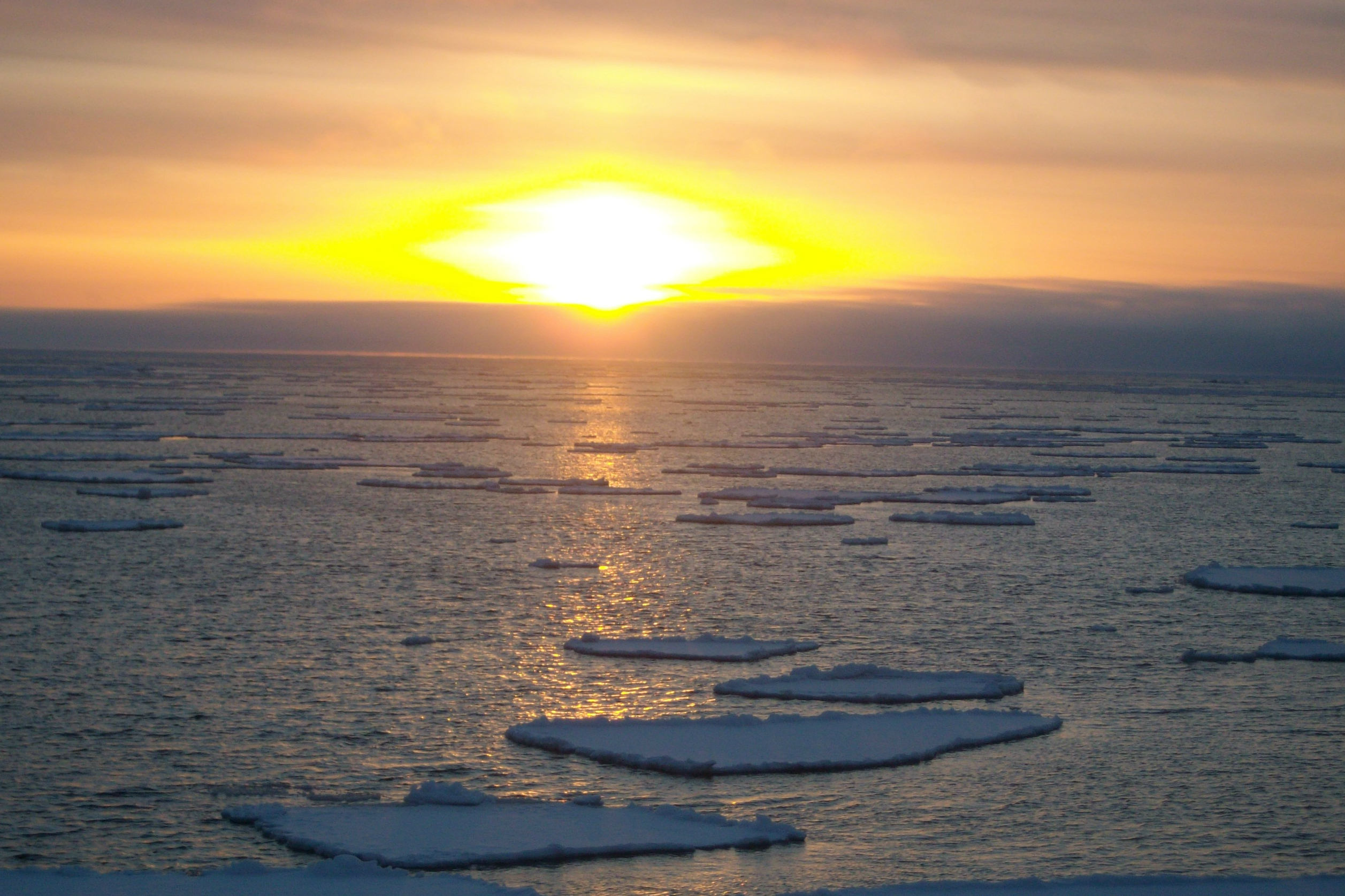Polar regions breed more new species than the tropics, study finds
The Arctic and Antarctic oceans might contribute to more biodiversity than scientists previously assumed.

The tropical waters may enjoy the highest marine fish biodiversity on earth, but it’s the colder oceans near the poles that serve as the hotspots for the birth of new species, according to a recent study.
A team of scientists led by Daniel L. Rabosky, professor of Ecology and Evolutionary Biology at the University of Michigan, reconstructed an evolutionary tree of ray-finned fishes and analyzed it in a geographical context.
The results suggest that even though marine fish communities in warm coral reef environments are much more diverse than that found at higher latitudes, it was in the cold water regions that more species were formed. These regions share the features of a lower surface temperature and higher endemism (the presence of species uniquely adapted to a single place) than warm, tropical waters.
Scientists have been at odds as to whether the tropical oceans are the so-called “cradle” or “museum” for new species. Being a cradle means that it is where most species are formed, whereas being a museum suggests that its environment allows more species to survive and sustain populations over a longer term.
Studies in the past years have already found that speciation rate of ray-finned fishes in temperate waters is higher than that in the tropics. Those concluded, however, that ultimately it is the low extinction rate, rather than the high rate of speciation, that contributes to the high biodiversity in the tropical waters. Precise extinction rates are still unclear, however.
Rabosky said that the next step of the study is to find out why and how new species formed in the cold waters went extinct.
As global warming and climate change disproportionately affect the Arctic, Rabosky warned that the polar regions are very fragile and that major ecosystem changes would potentially have a negative impact on biodiversity.
He doubted that human actions could have immediate effect on species formation, but reiterated the uniqueness of the Arctic and Antarctic waters.
“Despite having relatively poorer biodiversity, they are still very special places on earth and we are disrupting that,” Rabosky said.